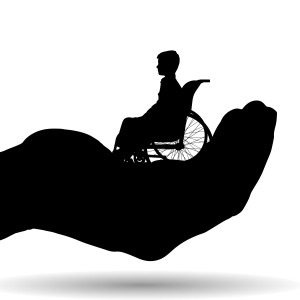
People with disabilities may be differently abled but they have sex just like everyone else – a reality that health workers, policies and sex education programmes have not caught up with, according to the Treatment Action Campaign (TAC).
Among the most vulnerable
South Africa’s latest household HIV prevalence survey found that about 17 percent of disabled people surveyed were living with HIV – a percentage high enough to rank the group among the most vulnerable to HIV infection in the country.
Read: HIV/Aids patients
Alongside a high HIV prevalence rate, the report found that people living with disabilities were least likely to be able to say how HIV was transmitted or how to prevent HIV infection. Almost 80 percent of disabled people surveyed also reported believing that they were at low risk of HIV infection.
According to UNAIDS, people living with disabilities worldwide remain one of the largest populations of people vulnerable to HIV, yet gaps remain in both HIV, and sexual and reproductive health services. The UN body says that this is part due to myths like those that say disabled people are not interested in sex, or that they are unlikely to engage in behaviours that might put them at risk of HIV lie drug and alcohol abuse.
Nomthandazo Sibeko is a TAC peer educator in the Duduza, east of Johannesburg.
Sibeko says the high number of unplanned pregnancies among women living with disabilities in her community may be a sign that they are not getting the reproductive health services or information they need.
Missing out
Globally, UNAIDS says that barriers to education and health care such as accessibility and language mean that people living with disabilities risk missing out on the sex education and health information.
To bridge the gap in Johannesburg’s East Rand, the TAC recently held a community workshop on sexual health for members of the Masihlanganeni Association for Disabled.
Read: Sexuality following disability or illness
Ever seen a condom with instructions written in braille? Neither has TAC Community Mobiliser Fikile Mtsweni who says it is symptomatic of unmet need for awareness information among those living with disabilities.
Association member Sakhile Radebe thanked the TAC for the talk.
“I personally learned a lot today,” Radebe said. “Even though some of the things they were talking about are things I cannot see, the little that they taught me I believe will somehow help.”
Read more:
Sexuality following disability or illness
Benefits of sport for people with disabilities
Image: Disabled person from Shutterstock




 Publications
Publications
 Partners
Partners











